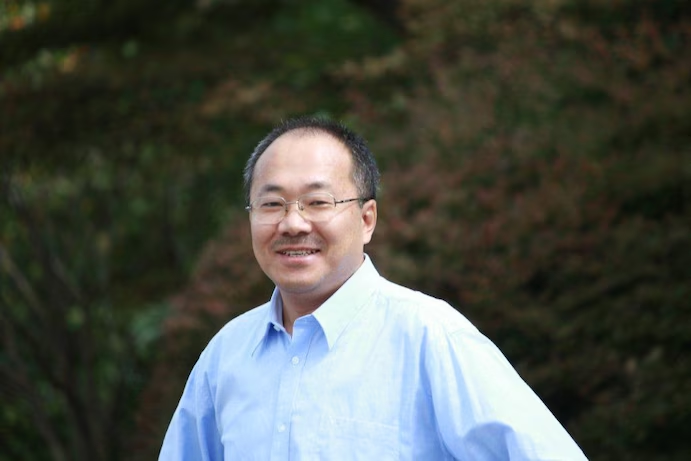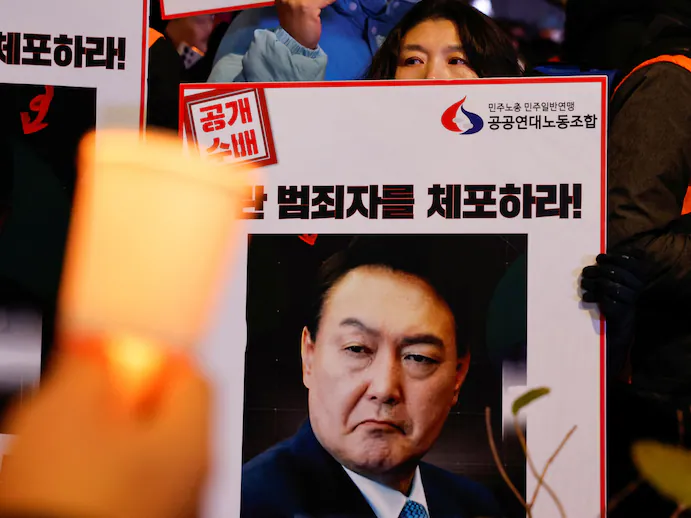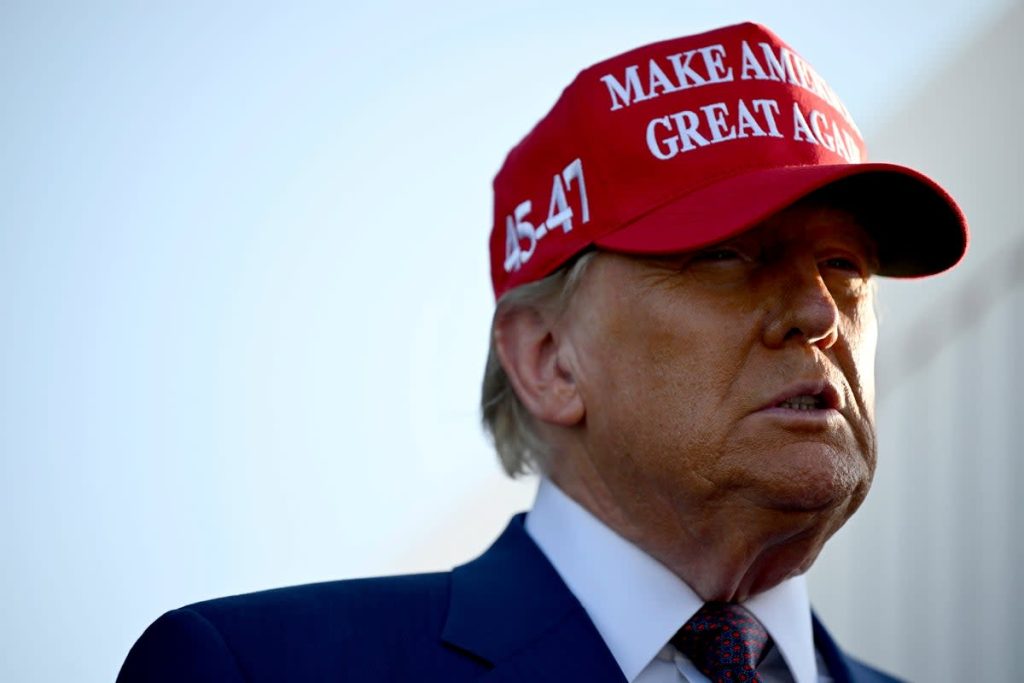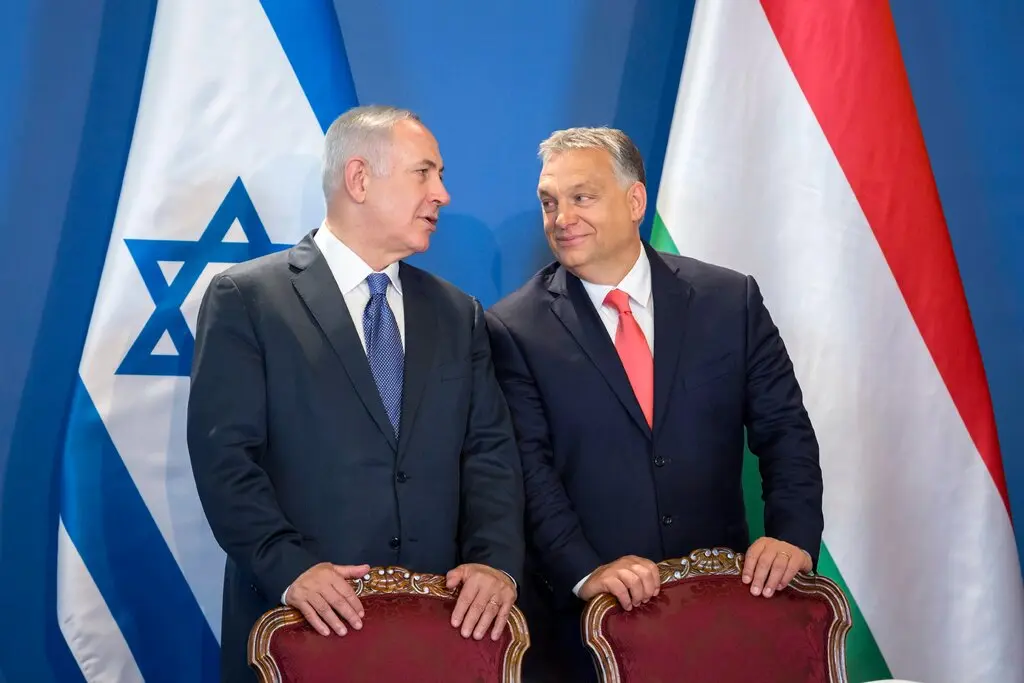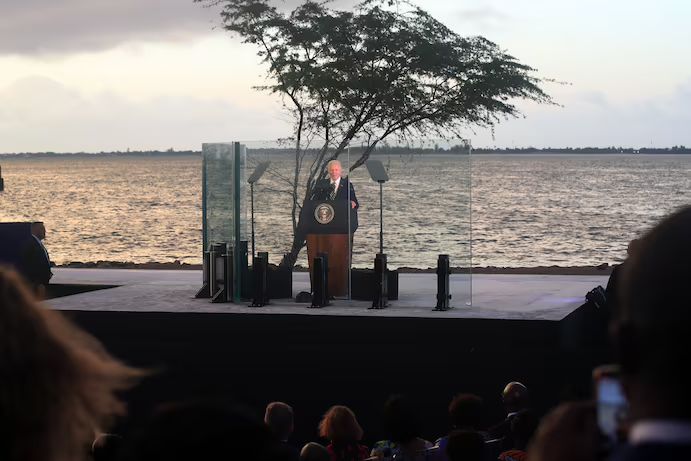GUINEA: Opposition Leader Sentenced to 2 Years in Prison for ‘Insulting’ Junta Leader
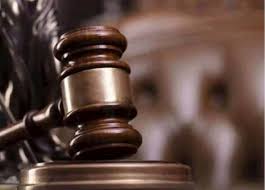
A court in Guinea has sentenced a prominent opposition leader, Ousmane Gaoual Diallo, to two years in prison for allegedly insulting the country’s military ruler, Colonel Mamadi Doumbouya. The verdict, handed down by a court in the capital, Conakry, has drawn sharp criticism from human rights organizations and political groups, raising concerns over the growing crackdown on opposition figures in the West African nation.
The Case Against Ousmane Gaoual Diallo
Ousmane Gaoual Diallo, a prominent figure in Guinea’s opposition, was convicted after he allegedly made disparaging remarks about Colonel Doumbouya, who came to power in a military coup on September 5, 2021. Diallo, who is also a member of the opposition party, the Union of Democratic Forces of Guinea (UFDG), had been vocal in his criticism of the military-led government, calling for a return to civilian rule and the restoration of democratic processes.
The charges stem from a statement he made during a public gathering in which he referred to the junta chief in derogatory terms. Diallo allegedly described Doumbouya as a “dictator” and accused him of undermining the rule of law in Guinea. These remarks were seen by the court as an offense under the country’s laws that protect public figures from defamation and insults.
Political Context and Repression
Diallo’s trial and subsequent conviction are set against the backdrop of rising tensions in Guinea, where the military junta, led by Doumbouya, has cracked down on political dissent since the coup. While the junta initially promised to return the country to civilian rule within three years, critics argue that Doumbouya and his government have increasingly curtailed political freedoms and stifled opposition voices.
This case highlights the broader issue of the Guinean government’s treatment of opposition leaders and activists. Many political figures have been arrested or harassed under the current regime, and the judiciary is often seen as being under the influence of the junta. In the past, members of the opposition, including Diallo, have called the junta’s rule an authoritarian regime that violates the democratic rights of Guineans.
Human rights organizations, such as Amnesty International and Human Rights Watch, have expressed concern over the politicization of the legal system and the growing climate of fear in Guinea. They have called for the release of political prisoners and the end of arbitrary arrests of opposition members, urging the military government to respect fundamental rights and freedoms.
Reactions to the Verdict
The conviction of Diallo has sparked outrage among his supporters and the wider opposition movement. Critics argue that the ruling is politically motivated, aimed at silencing one of the most vocal critics of the junta. “This is a clear attack on freedom of expression. Ousmane Gaoual Diallo is being persecuted for simply speaking his mind,” said a spokesperson for the UFDG.
On the other hand, government supporters have defended the ruling, claiming that Diallo’s remarks were inflammatory and endangered the stability of the country. They argue that public officials, especially those in power, should be protected from insults and that such behavior undermines national unity.
International observers have also voiced concern over the growing erosion of political freedoms in Guinea. The African Union (AU) and the Economic Community of West African States (ECOWAS) have both called for dialogue between the junta and the opposition, urging for the restoration of civilian rule and the protection of democratic institutions. However, they have yet to take any significant action in response to the recent crackdown on dissent.
The Future of Guinea’s Political Landscape
The conviction of Ousmane Gaoual Diallo marks another chapter in the tense political environment in Guinea, where the junta has increasingly isolated itself from international scrutiny. The military government has made few concessions to political opposition and has shown little interest in engaging with critics of its rule.
The sentencing of Diallo could further fuel protests and unrest in the country, as opposition groups continue to rally against the junta’s policies. However, the government’s firm stance on cracking down on dissent suggests that Guinea’s political future remains uncertain, with the risk of continued repression and instability.
In the coming months, the international community, including the United Nations and regional bodies like ECOWAS, will likely intensify their calls for reforms in Guinea. Whether the junta will heed these calls or continue to entrench itself in power remains to be seen.
Conclusion
The imprisonment of Ousmane Gaoual Diallo underscores the increasingly authoritarian nature of the military junta in Guinea. As tensions rise, the country faces a delicate moment in its political history, with the potential for further unrest if opposition voices continue to be silenced. With Guinea’s future hanging in the balance, the international community will be watching closely to see whether political freedoms can be restored or whether the country will continue down a path of repression and isolation.


